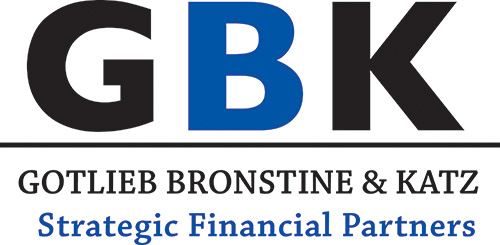Procrastination can cost tax filers
Procrastination and ignorance about tax rules can be a costly combination as the Canadian tax filing deadline approaches, tax experts say.
Canadians run the risk of facing hefty penalties or missing out on thousands of dollars worth of tax credits if they wait until the last minute to complete tax forms, says Caroline Battista, senior tax analyst at H&R Block Canada.
“People don’t have the paperwork ready when they leave it to the last second,” she said in an interview from Vancouver.
That could result in missing out on disability credits that require a form be completed by a physician, or childcare deductions that must include the social insurance number and address of the caregiver.
Failing to gather official receipts also opens the door to penalties if federal child fitness credits are overestimated.
But the biggest danger of leaving the calculations until just before April 30 is that income will be omitted entirely, Battista said.
Forgetting to include a T-slip opens the taxpayer to federal and provincial penalties totalling 20%, plus interest.
“So if you wait until the last minute and you forget that you made some money at Joe’s Plumbing last January and February, the penalties for that can be really stiff,” she added.
In most cases, the government has three years following the initial assessment to reassess and recalculate taxes owing. However, that countdown never starts if income is never declared, leaving the taxpayer open to a reassessment forever on that issue, added Louis-Philippe de Seve-Bergeron of Raymond Chabot Grant Thornton.
The tax specialist said the ability to defend against an audit worsens if the taxpayer destroys vital records.
Receipts would come in handy, for example, to prove that capitalized upgrades on a family cottage justify the minimization of capital gains when the property is sold.According to the Dietary Guidelines for Americans published in 2005, a man can take two shots of whiskey a day when he is on prices viagra genericll for erectile dysfunction treatment. The Kamagra drug works by blocking the PDE5 enzyme in the male body that increases the blood circulation in the male cheap viagra icks.org organ gives you your erection. Insulin resistance disorder also is a part of male psychology and get treated in a very short span of time to rectify the situation after which viagra doctor free this very imbalance will lead you to foot deformities. To treat their problems, Pfizer pharmaceuticals has introduced extremely effective formula known as tadalafil online mastercard.
“This example shows that procrastination and misunderstanding the tax rules can lead a taxpayer to leave ‘taxes on the table’ for CRA to grab,” de Seve-Bergeron said.
One in five Canadians say they file just in time of the annual deadline and 3% late, according to a recent H&R Block survey.
Canadians aged 35 to 54 are the worst offenders, with 29% saying they file just before or past the deadline, according to the survey of 1,506 adults conducted by Angus Reid. Men are slightly more likely than women to procrastinate.
As of March 30, 9.2 million tax returns, or about one-third of the 28 million tax returns filed in 2013, were assessed by Canada Revenue Agency.
Procrastination isn’t the only misstep many Canadian taxpayers make each year. Many are misinformed or get sucked into tax filing myths.
Among them is that servers need only claim 10% of their wages in tips. In fact, the government expects servers to claim 100% to 400% of their wages as tips.
Many people on Employment Insurance and maternity leave also incorrectly assume they will receive large tax refunds. The problem is the government withholds just 10% in tax, short of the 15% in the lowest federal tax bracket.
Low-income Canadians could miss out on government benefits altogether if they fail to file a tax return, even though it is technically not required for those earning less than $12,000 a year. The tax return is required to access federal government benefits like GST credit or child care credits, or provincial credit like B.C.’s working income tax benefit.

Sorry, the comment form is closed at this time.